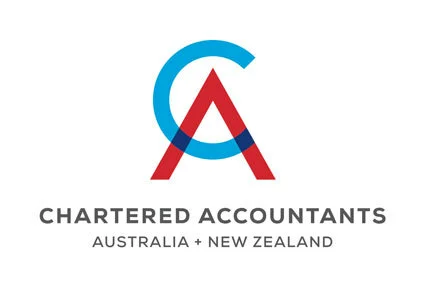Scott Partner’s Quick Guide: Small Business Accounting for Start Ups

As a small business owner, it’s imperative that you have reliable financial information that will help you track performance, manage cashflow and meet your tax and compliance obligations. In this short article we outline three key features of accounting for small business.
Record keeping
Often referred to as bookkeeping, efficient, accurate record keeping is a requirement for all businesses. The specific processes will vary from business to business, but as a starting point you will need accurate records of all income, which may be based upon invoices or on a point-of-sale system. You also need to keep records of all business expenditures.
A key element of the record keeping process is to substantiate the accuracy of your records by reconciling to external records such as bank or supplier statements. It’s an important but often time-consuming process.
Scott Partners can advise on the many automated solutions that are available to assist with record keeping. We can also help you to consider more technical accounting aspects such as cash or accruals accounting, depreciation and asset valuation.
Reporting
In order to make sense of your records you require a suite of well-designed, accurate financial reports. These are commonly produced monthly and referred to collectively as the ‘management accounts’. They will usually include a profit & loss statement, a balance sheet and a cashflow statement. Increasingly, small businesses also make use of performance ‘dashboards’ or ‘scoreboards’ which provide a succinct, summarised view of key performance indicators. In addition to your internal management accounts, you may also need to produce financial statements for external purposes, such as Corporations Law requirements, or banking conditions. These reports may also need to be independently audited.
Scott Partners can help you evaluate the reporting needs for your business and advise on automated reporting tools.
Compliance
A key output of your small business accounting process is the ability to meet your taxation and other compliance requirements. You will need to prepare and lodge income tax returns and also meet GST reporting/lodgement requirements. You may also need to comply with other tax requirements such as Payroll Tax and areas outside of tax legislation such as employee superannuation.
There’s no doubt that small business accounting can be an overwhelming process. It’s important to get expert help. To benefit from our experience contact Scott Partners today to book a consultation.







